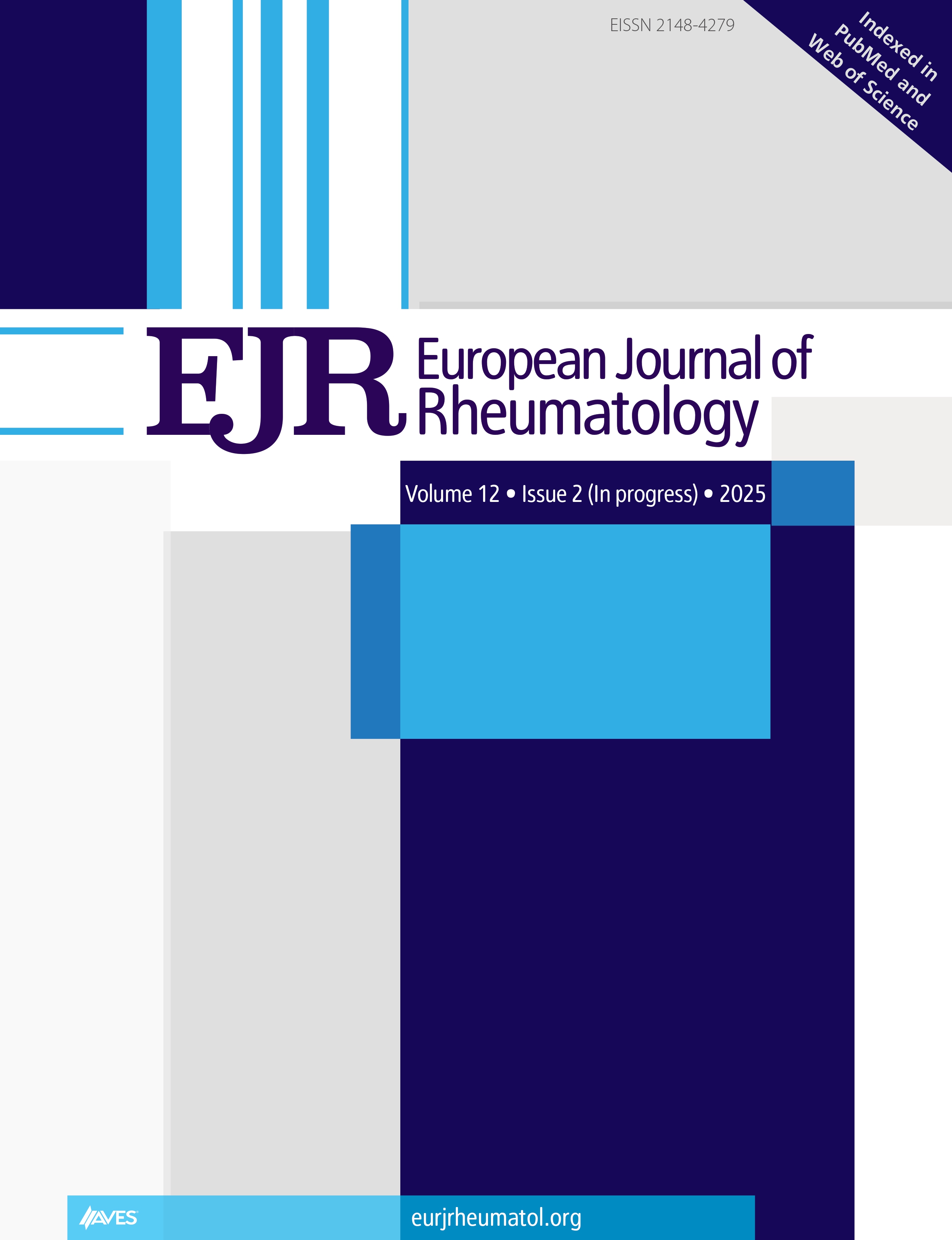Systemic sclerosis (SSc) is a complex autoimmune disease of unknown etiology. Genetic factors are thought to collude with various environmental triggers to induce SSc and subsequently manifest various SSc disease phenotypes. Emerging evidence suggests that the microbiota of the gastrointestinal tract (GIT) may represent a key pathogenic participant in this disease state. Recent studies have demonstrated specific alterations in the GIT microbial composition in SSc patients, and this article reviews studies that have investigated the GIT microbiota in SSc patients. The focus of this article is to highlight the modifications in the GIT microbiota observed in SSc patients belonging to different cohorts and to demonstrate how these alterations may be associated with specific SSc features. This article presents the results of these SSc microbiota studies in the context of findings from microbiotic studies in other autoimmune states to explore similarities and differences across disease states affecting the immune system. Finally, this article provides insights into potential SSc therapies that target the GIT microbiota. Given the complexity and variability of the SSc disease state, any treatment aimed at modulating GIT microbiota will likely need to be coupled with additional interventions that target other SSc disease components.
Cite this article as: Volkmann ER, Hoffmann-Vold AM. Gastrointestinal tract microbiota modifications in systemic sclerosis. Eur J Rheumatol 2020; 7(Suppl 3): S228-36.



.png)